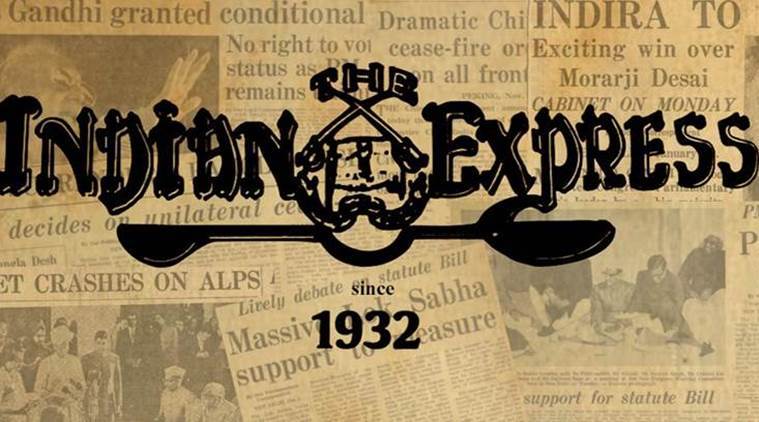In poor form
By holding Justice Goel’s ruling in SC-ST case against him, Ministers Paswan, Athawale, Kushwaha take an ill-judged step

Having sworn to uphold the Constitution, the ministers must respect, and they must be seen to respect, the independence of the judiciary — and of the judge — even when they disagree with a particular verdict or ruling.
Three Union ministers have publicly sought the removal of Justice AK Goel, formerly of the Supreme Court, from the post of chairperson of the National Green Tribunal. Ram Vilas Paswan, Union minister for Consumer Affairs, Food and Public Distribution, initiated the move by writing directly to Home Minister Rajnath Singh, and was supported by Ramdas Athawale, Union minister of state for Social Justice and Empowerment, and Upendra Kushwaha, minister of state for Human Resource Development. Paswan claimed to represent the opinion of Dalit groups and stated that Justice Goel’s appointment sent a “wrong signal” because of his ruling in March as part of a two-judge bench which had diluted the provisions of the Scheduled Castes and Tribes (Prevention of Atrocities) Act, permitting anticipatory bail and preliminary investigations prior to arrest. The SC order on the SC-ST Act was problematic — but so is the ministers’ attempt to use it to oppose the appointment of Justice Goel to the NGT.
Indeed, law seeking to correct a power differential cannot be both symmetric and effective. The law must be on the side of the weaker one, whether it is women, minorities or the economically disprivileged. It succeeds by offering an immediate response to the more powerful. Laws securing the rights of women and of Dalits have succeeded precisely because they exercise such positive discimination. The dilution of the SC/ST Act militated against this principle.
However, the opposition of the three Union ministers to the appointment of Justice Goel raises questions of both form and propriety. It suggests that the ministers are openly using their office to bring pressure to bear on a matter of a judge’s appointment — a breach of due procedure and a crossing of the line by the ministers. Then, in holding a judge’s ruling, howsoever controversial, against him in this manner, the ministers can be said to be imputing bad faith, if not prejudice, to him. Having sworn to uphold the Constitution, the ministers must respect, and they must be seen to respect, the independence of the judiciary — and of the judge — even when they disagree with a particular verdict or ruling. Of course, objections to the ruling may be raised and expressed in the appropriate forum, and in the proper ways — by urging the court to reopen the matter, for instance, or by raising the matter in Parliament or by political means, through agitation by Dalit and other groups. But for ministers to articulate their position on an important issue by standing in the way of the judge is, in the words that Paswan applied to the NGT chief’s appointment, to send out a “wrong signal”.
For all the latest Opinion News, download Indian Express App






































No hay comentarios:
Publicar un comentario